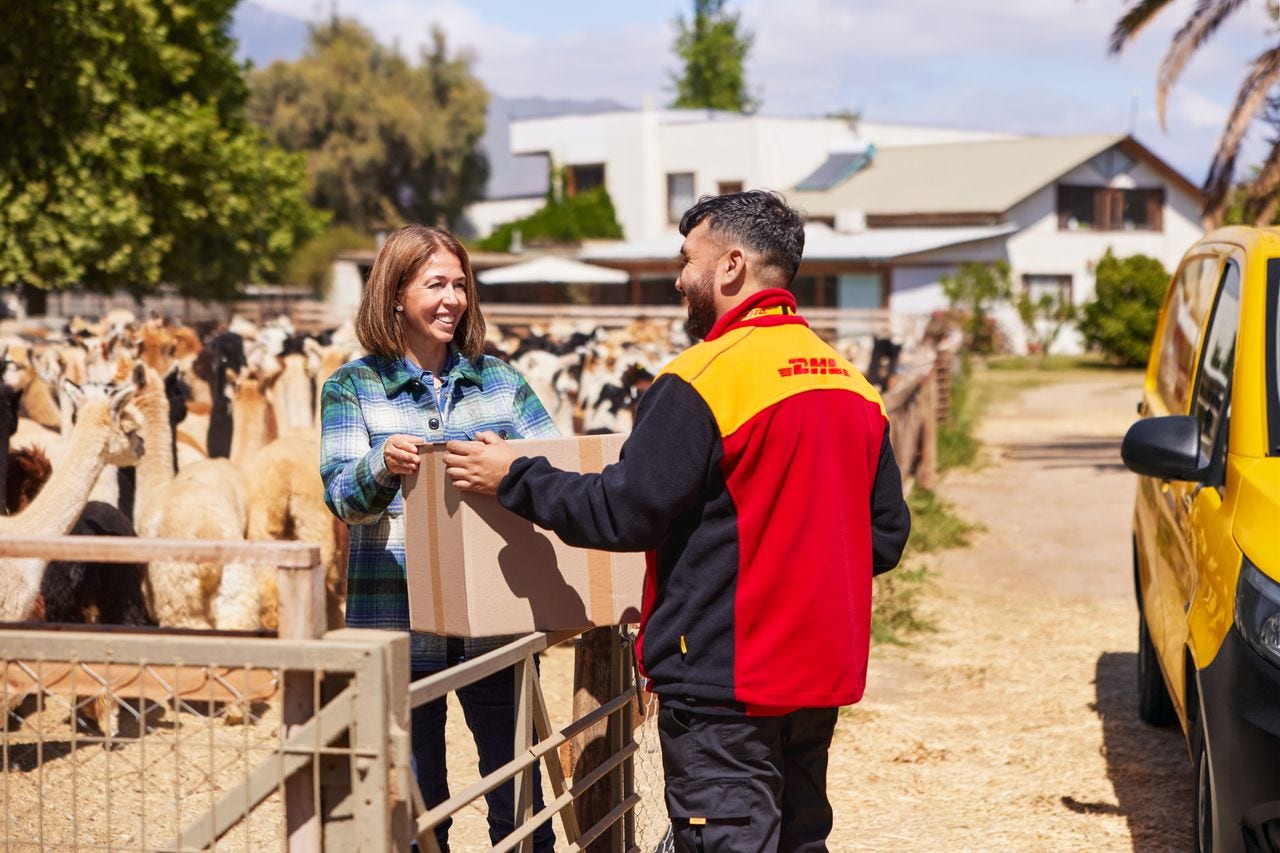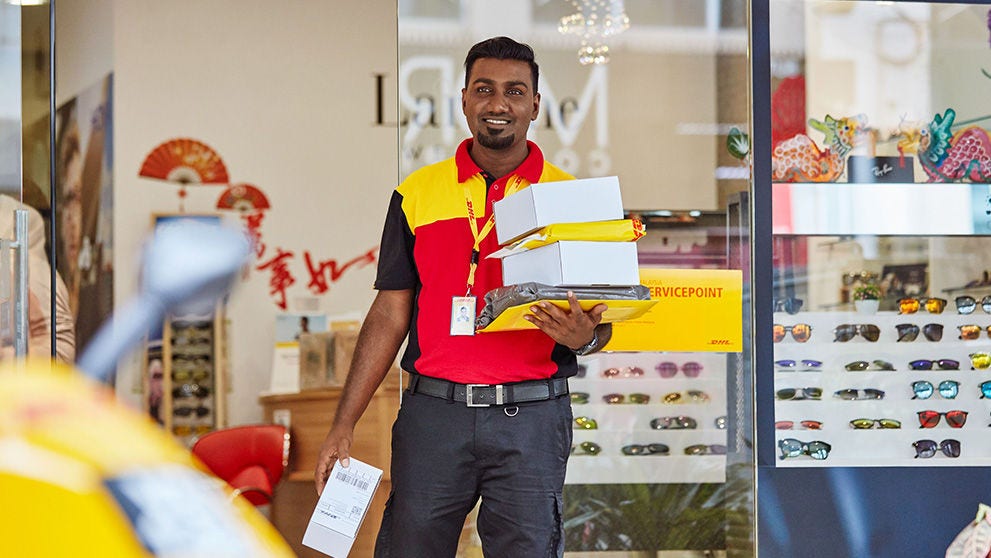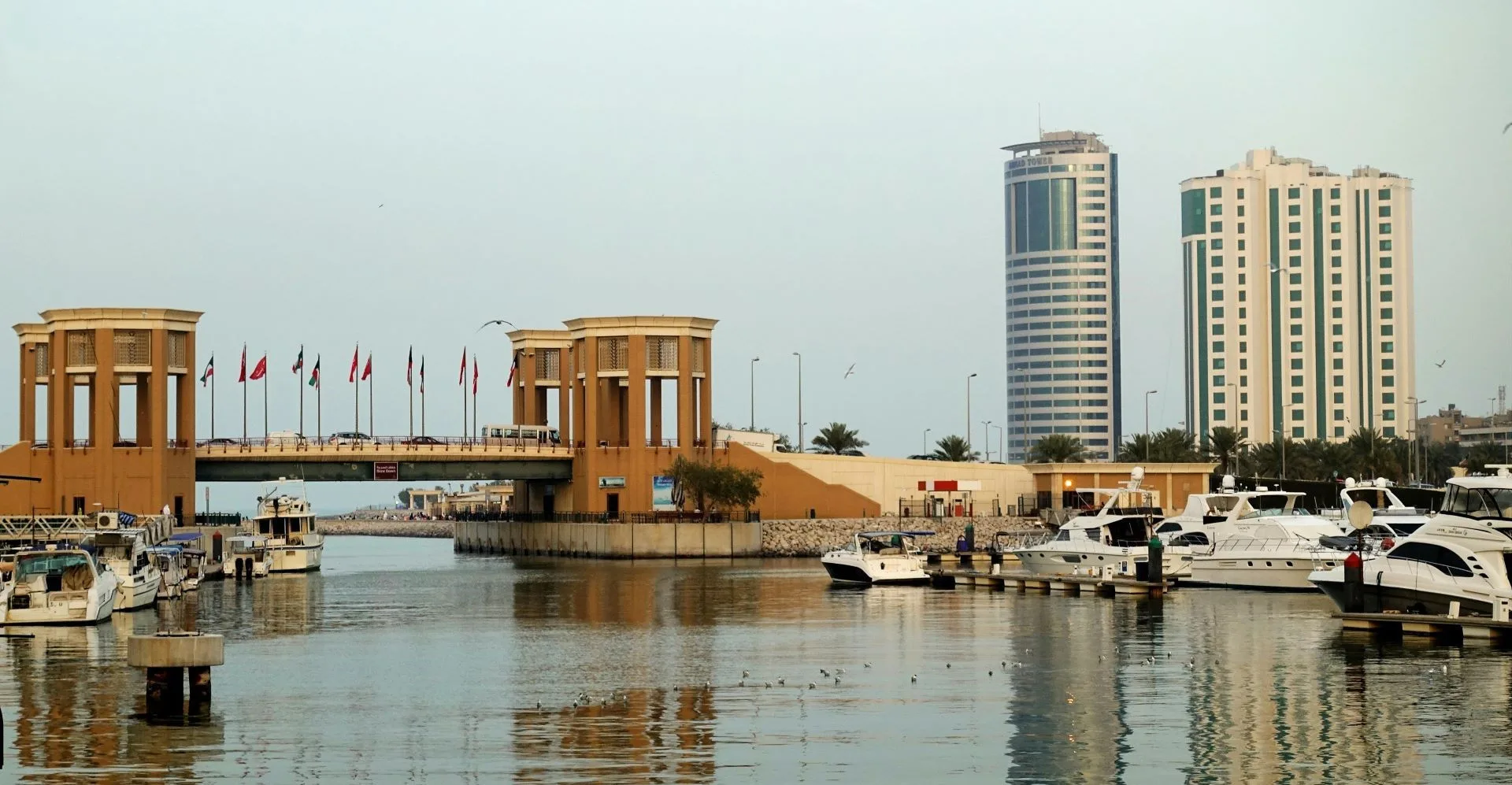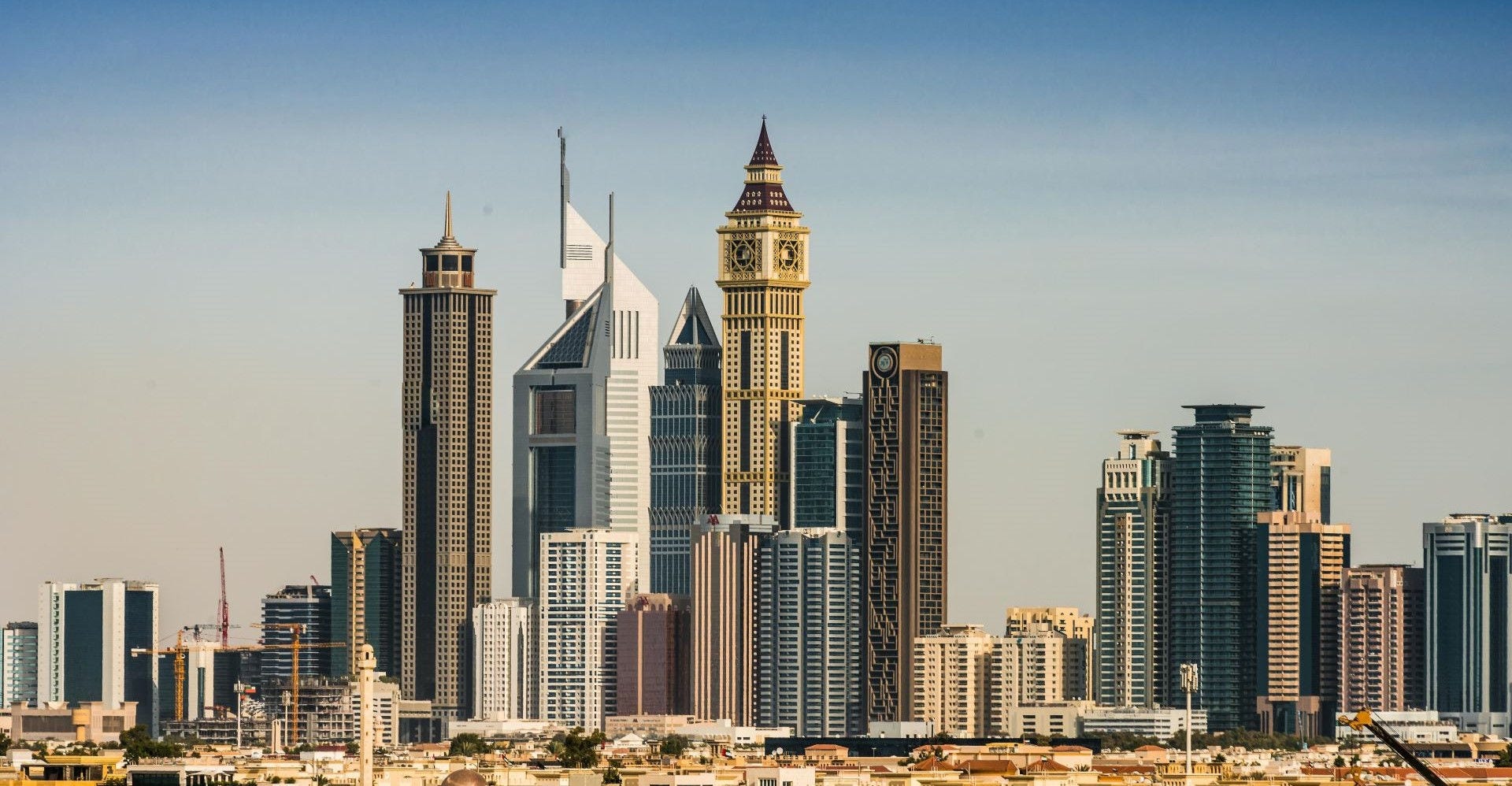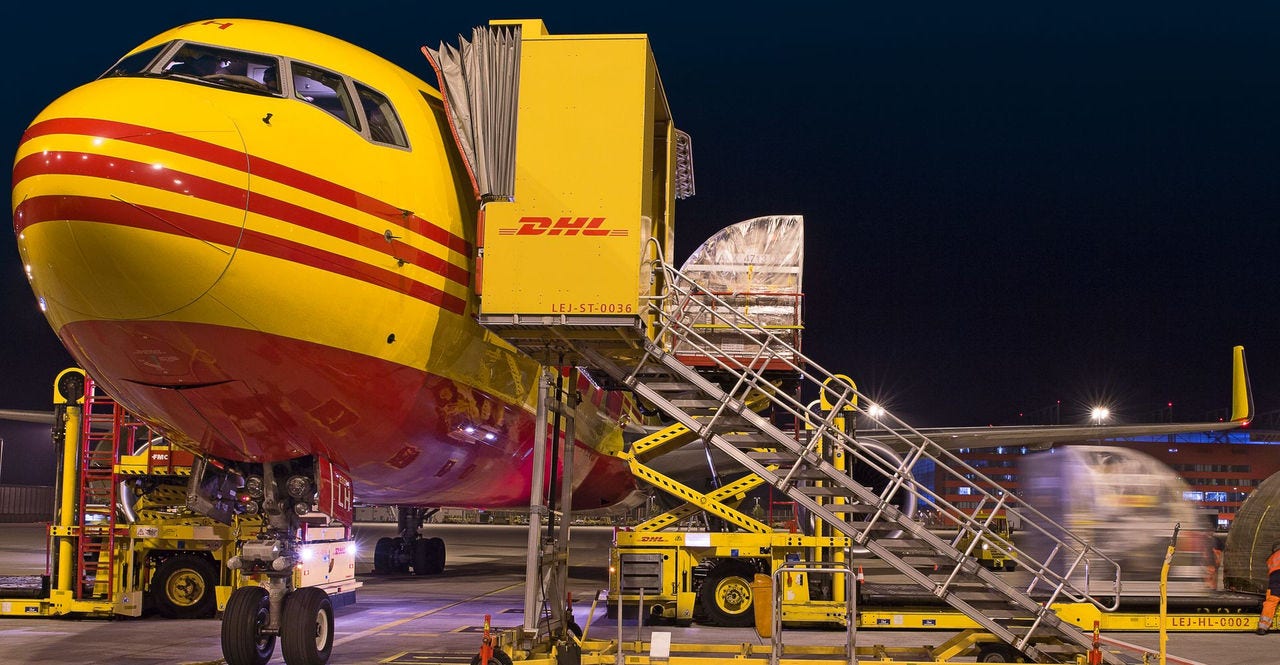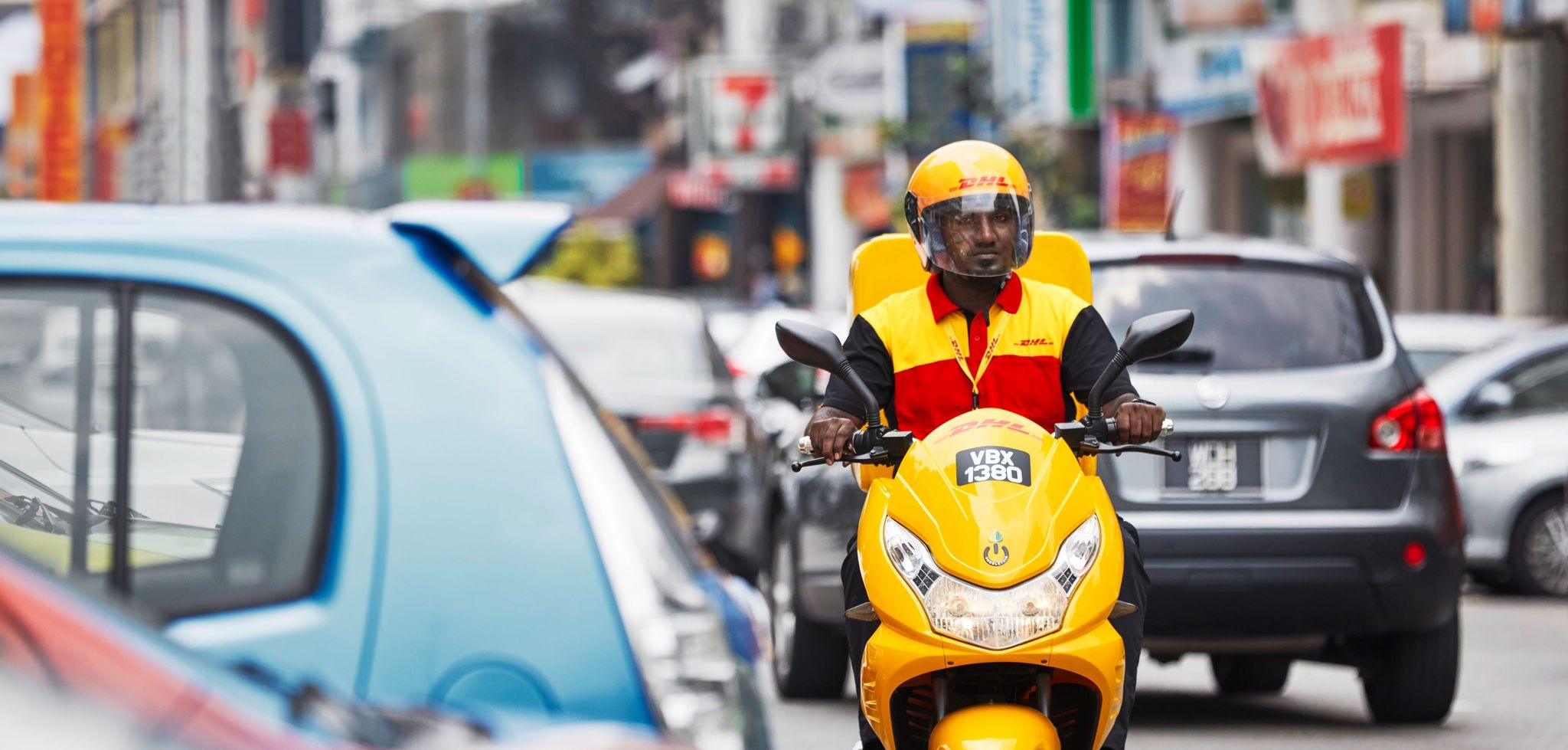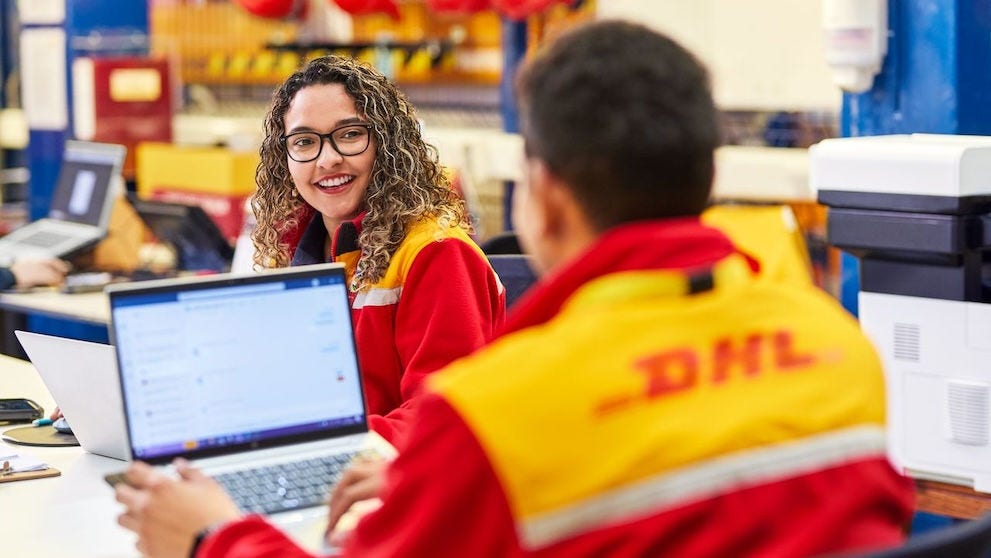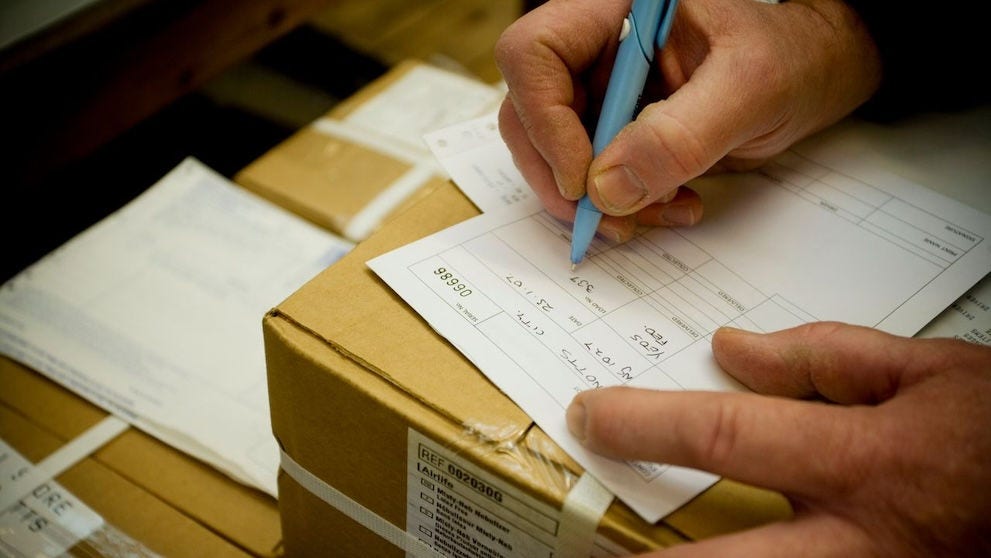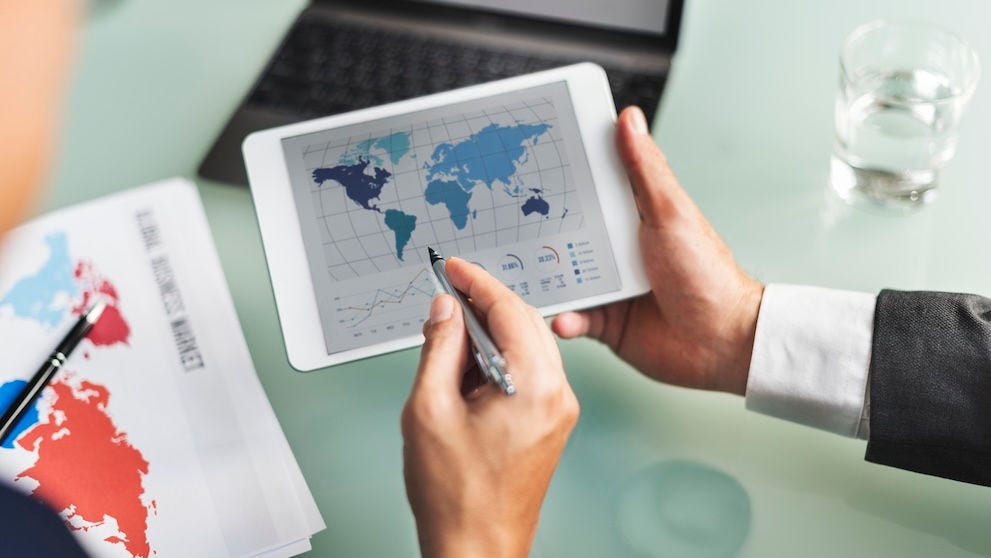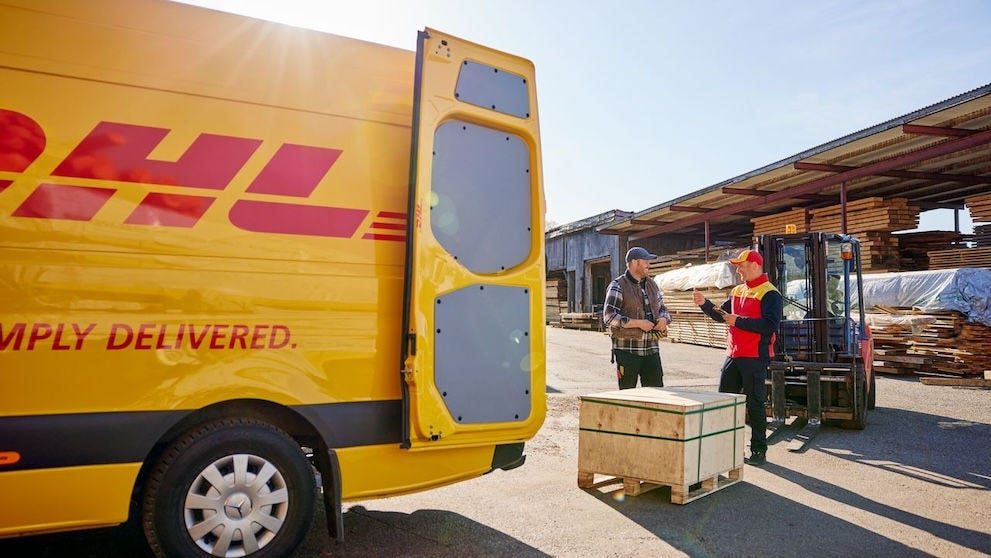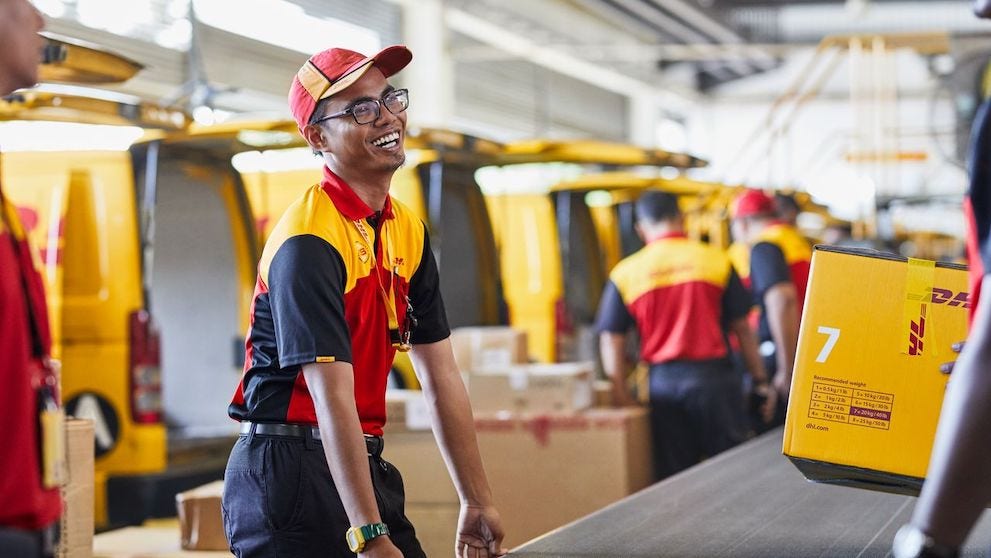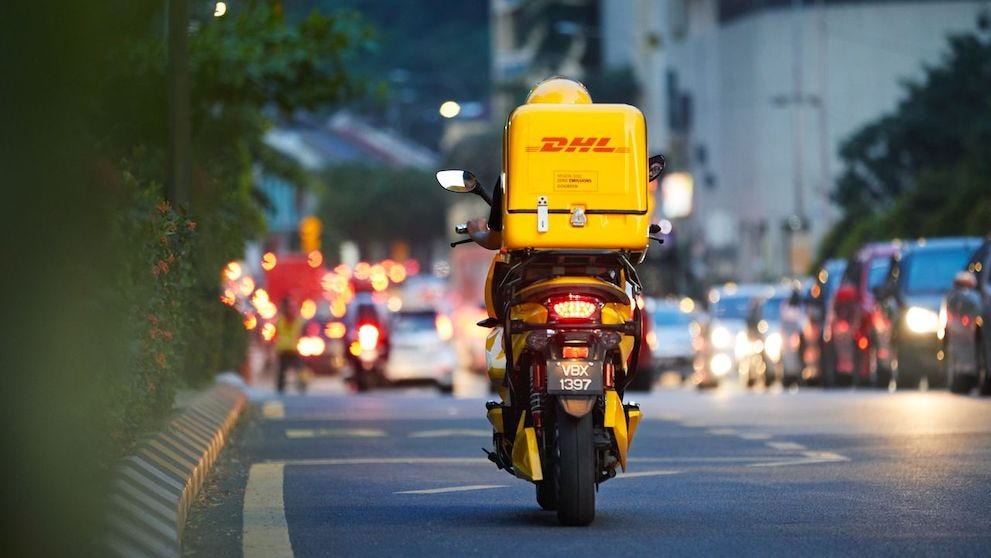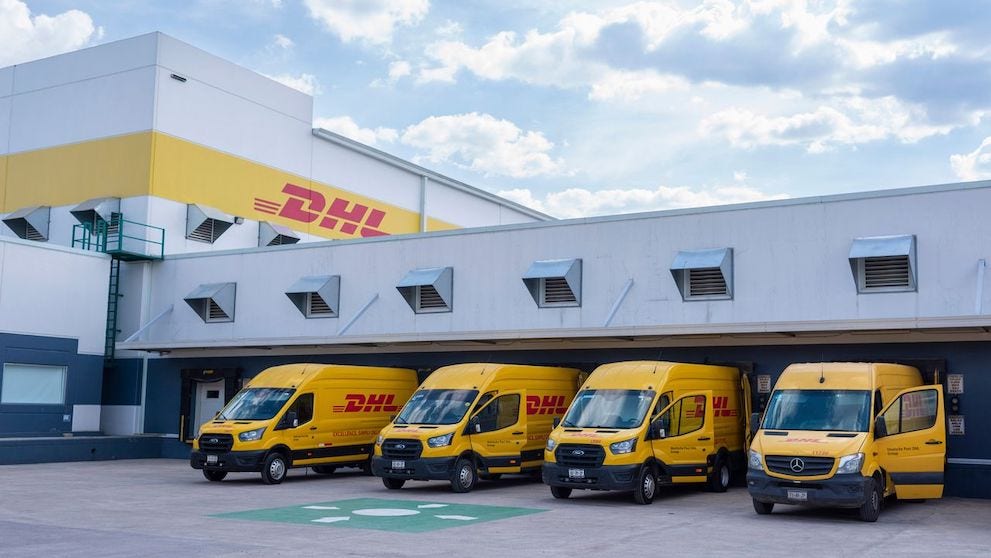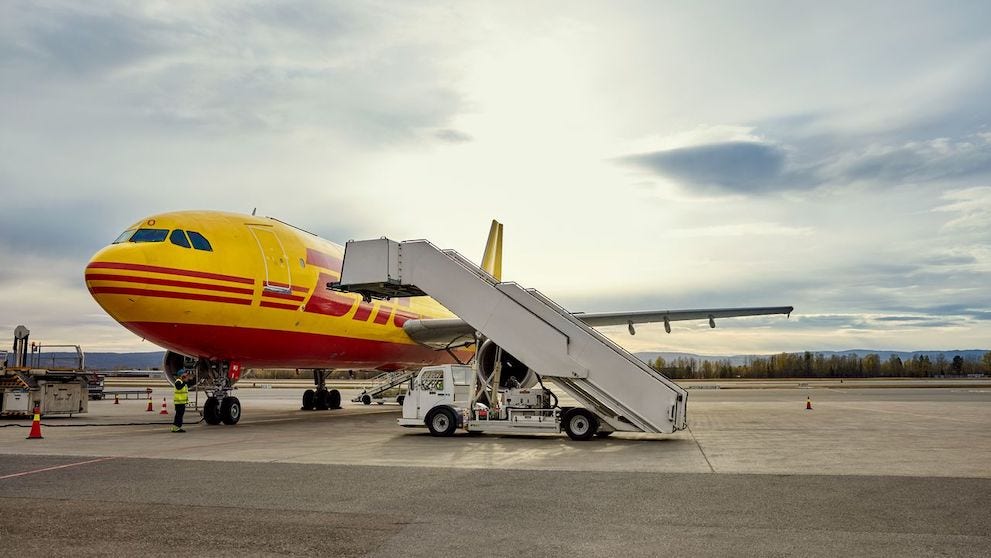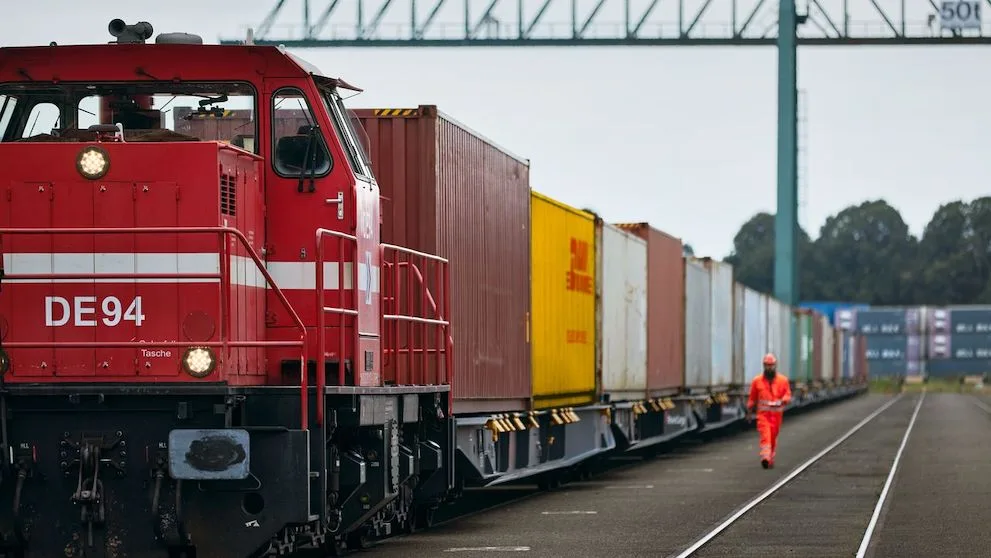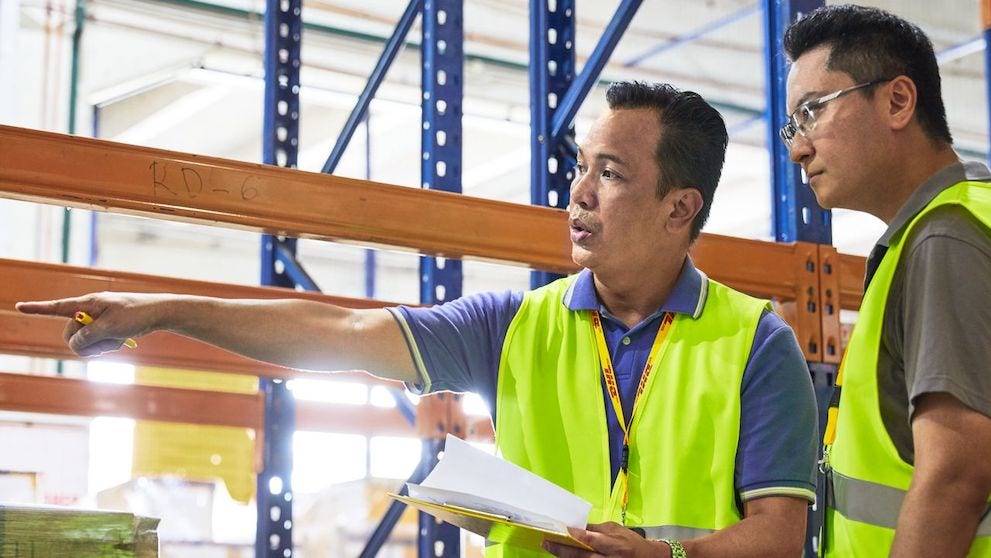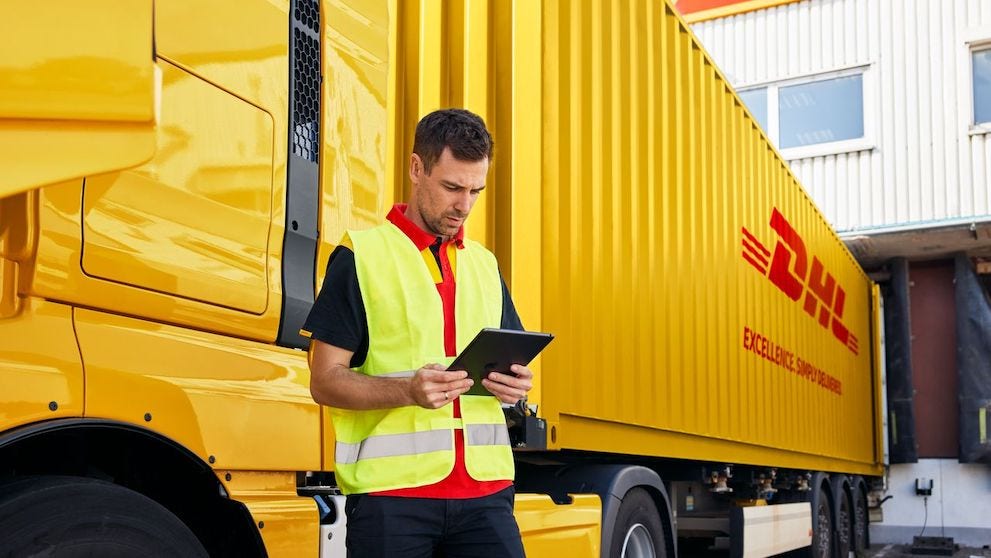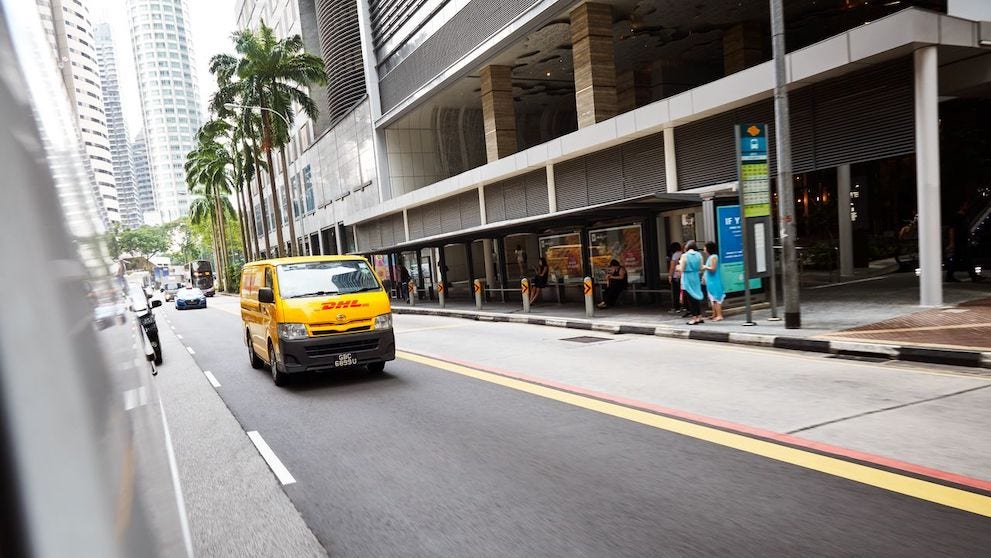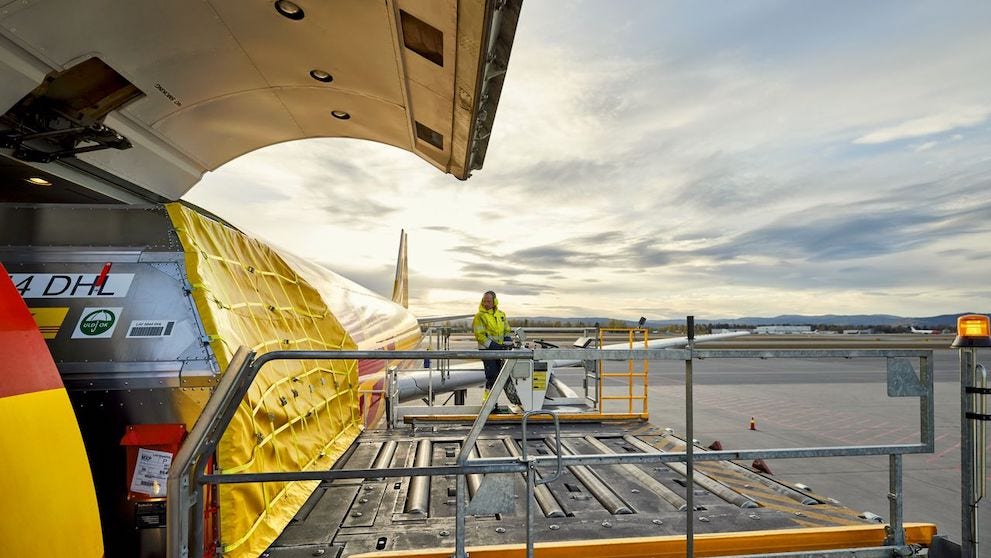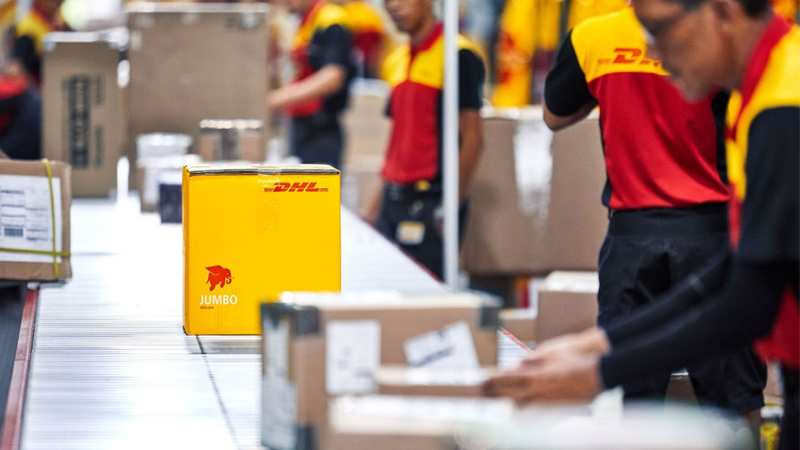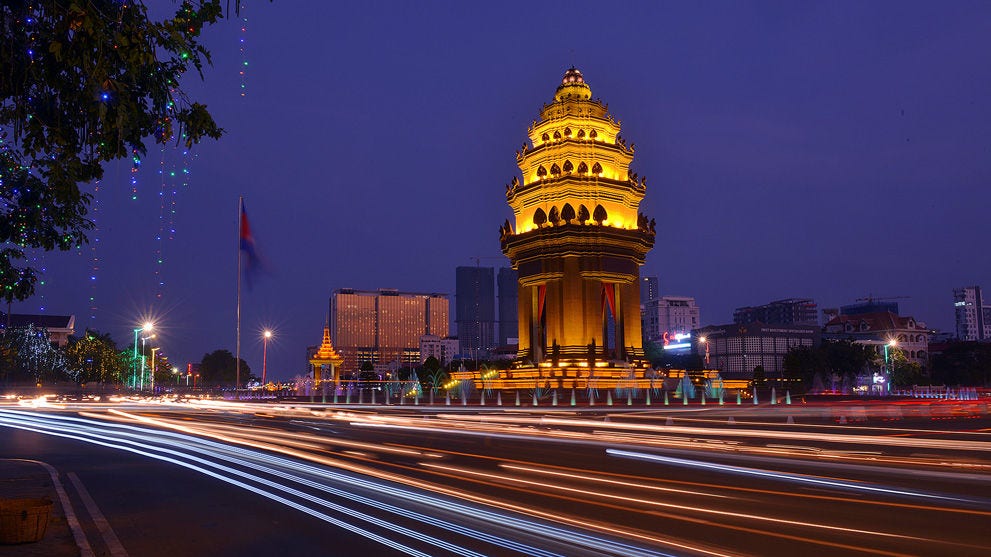
With Singapore being one of the largest export markets for the Philippines, many businesses in Singapore are partially dependent on Philippine imports. In fact, in 2021, the total volume of Singapore imports from the Philippines hit a decade-high US$10.89 billion, according to the latest figures from Trading Economics. However, navigating the complexities of international shipping from the Philippines to Singapore can be daunting.
When importing goods from the Philippines to Singapore, businesses must take several factors into account, of which the top considerations include taxes, duties, free trade agreements (FTAs), prohibited and restricted goods, and licenses and permits. In this guide, we'll delve into each of these facets to help you make well-informed decisions which ensure a smooth, cost-effective shipping process for imported products from the Philippines:
Taxes and duties
Taxes and duties may apply when importing products from the Philippines into Singapore, with varying rates depending on the value of the goods and their classification. The Singapore Customs website provides a comprehensive guide to customs procedures and requirements, including information on applicable taxes and duties for parcels shipped from the Philippines. It's important to take note of the Harmonized System (HS) codes for the goods you wish to import from the Philippines, as these codes determine the taxes and duties payable. To speed up this process, rely on our Global Trade Services (GTS), also referred to as the Trade Automation Service (TAS). It’s a collection of complementary tools designed to assist businesses in estimating duties and total landed costs, comprehending the required documentation, identifying product classifications and addressing other frequent challenges encountered in global shipping.
Free trade agreements (FTAs)
Singapore has several FTAs in place that can help businesses reduce or eliminate taxes and duties when importing products from the Philippines. For example, under the ASEAN-Australia-New Zealand Free Trade Area (AANZFTA), Singapore businesses can enjoy tariff concessions on goods imported from the Philippines that are covered by the agreement, such as meat and edible meat offal. Other relevant FTAs include the ASEAN Free Trade Area (AFTA) and ASEAN Trade in Goods Agreement (ATIGA). Make sure to check the specific terms and conditions of each FTA to determine eligibility and ensure compliance.
Prohibited and restricted goods
Certain items are prohibited or restricted from being imported into Singapore, be they internationally shipped from the Philippines or otherwise. Prohibited imported products include weapons, drugs, and counterfeit goods, while restricted items include certain meat and animal products, plants and plant products, and more. Always check the list of prohibited and restricted items on the Singapore Customs website to ensure that your goods comply with updated regulations. Failure to do so may result in penalties and the seizure of goods.
Licenses and permits
When employing courier services for sending packages from the Philippines to Singapore, you may require specific licenses or permits for certain imported products. For example, controlled items such as strategic goods, chemicals, and pharmaceuticals require an import license from relevant regulatory agencies. The Singapore Trade Classification, Customs and Excise Duties (STCCED) website provides information on the licenses and permits required for different goods. Be sure to check the list and obtain the necessary licenses and permits before shipping these goods to avoid delays and penalties.
Ship from the Philippines to Singapore with DHL Express
Importing goods from the Philippines to Singapore can be a complex process, but with the right information and support, it can be done efficiently and effectively. If you’re wondering how to ship from the Philippines to Singapore, DHL Express offers a range of shipping options for differing needs, including esteemed import and export services. Our expertise in customs clearance means that we can help you navigate regulations and documentation requirements for importing goods from the Philippines at some of the most competitive rates in Singapore. With our online tools, you can also easily track your shipment and get real-time updates on its status.
Create a business account with DHL Express today, and enjoy hassle-free international shipping from the Philippines to Singapore.





